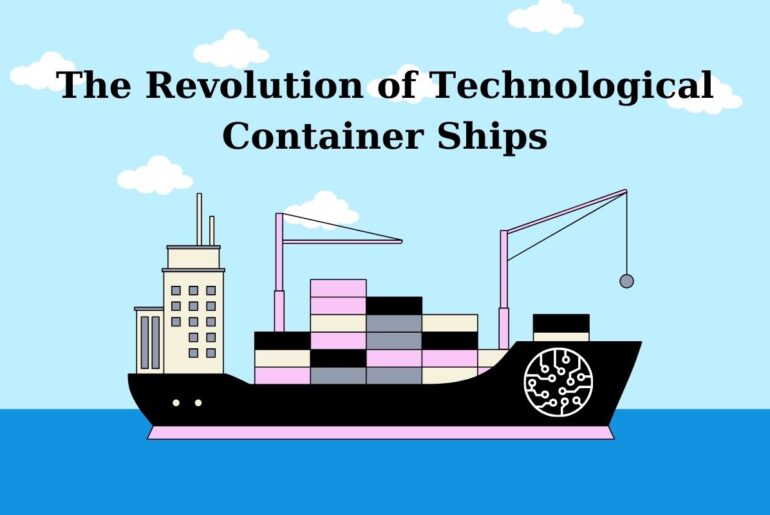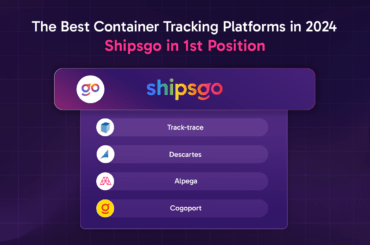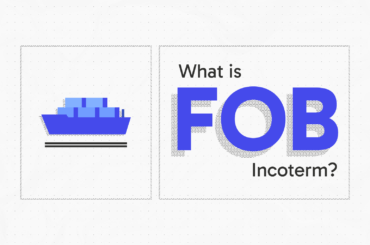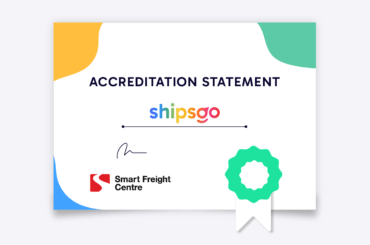Container ships have long been seen as integral parts of global commerce, transporting shipments between ports around the globe seamlessly. But with maritime transportation experiencing profound change today – with technological container ships becoming ever more technological – this landscape may change even further in the coming decades.
Establish Your Course With Advanced Navigation Systems
At the forefront of technological container ship progress in container shipping is intelligent navigation systems. Utilizing cutting-edge technologies like Artificial Intelligence (AI) and Machine Learning (ML), these advanced navigation tools use cutting-edge navigational aids such as Artificial Intelligence (AI) to optimize route planning, reduce fuel consumption, ensure vessel security, and ensure route planning efficiency while decreasing environmental footprint. Smart navigation not only boosts efficiency but contributes substantially towards mitigating the carbon emission footprint of container ships.

Blockchain Revolutionizes Shipment Tracking
Blockchain technology is poised to play a pivotal role in making ship tracking transparent and secure, meeting one of the significant demands in maritime. Providing an immutable ledger that records every step taken on each shipment’s journey in real time enhances the traceability of shipments. It decreases fraud risks significantly, making processes more reliable and secure overall.
Automated Loading and Unloading Systems to Support Fast Shipments
Automation is another critical element in making more technological container ship. Automated loading and unloading systems not only expedite shipment processes but also decrease dependence on manual labor – increasing terminal efficiency and decreasing risks from human error, ensuring your shipments arrive on schedule with precision and care.
Green Propulsion Technologies for Sustainable Shipping
Environmental sustainability has never been higher on the agenda than it is now, which makes incorporating green propulsion technologies such as LNG propulsion and wind assist systems an absolute necessity for modern container ships. Such innovations reduce carbon footprint and pave the way to more responsible maritime transport in general.
Enhancing connectivity via IoT
IoT (Internet of Things) technology is rapidly integral in making container ships interconnected information hubs. Smart sensors and devices are being deployed on ships to monitor various aspects of operations, ranging from engine performance to temperature-controlled containers – providing real-time data that increases operational efficiency and allows predictive maintenance, reducing downtime while helping shipments reach their destinations without unnecessary delays.
Conclusion Container ships have transformed into technological container ship marvels that are revolutionizing global trade. From intelligent navigation and blockchain-powered tracking to green propulsion and green fuel, innovations are improving efficiency and contributing to more eco-friendly maritime freight transportation – ushering in an era of connectivity, efficiency, and environmental responsibility on global waters.





